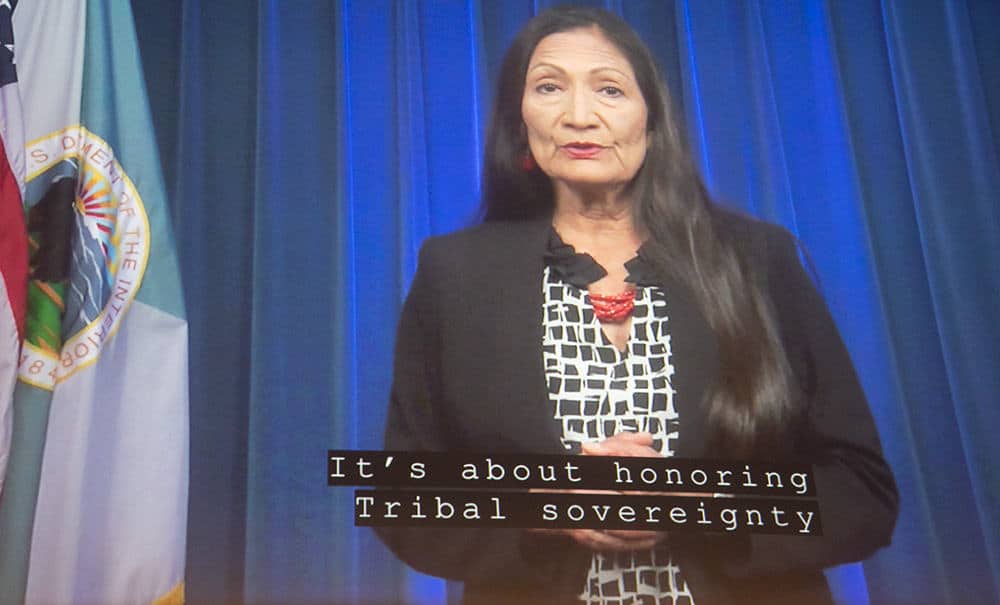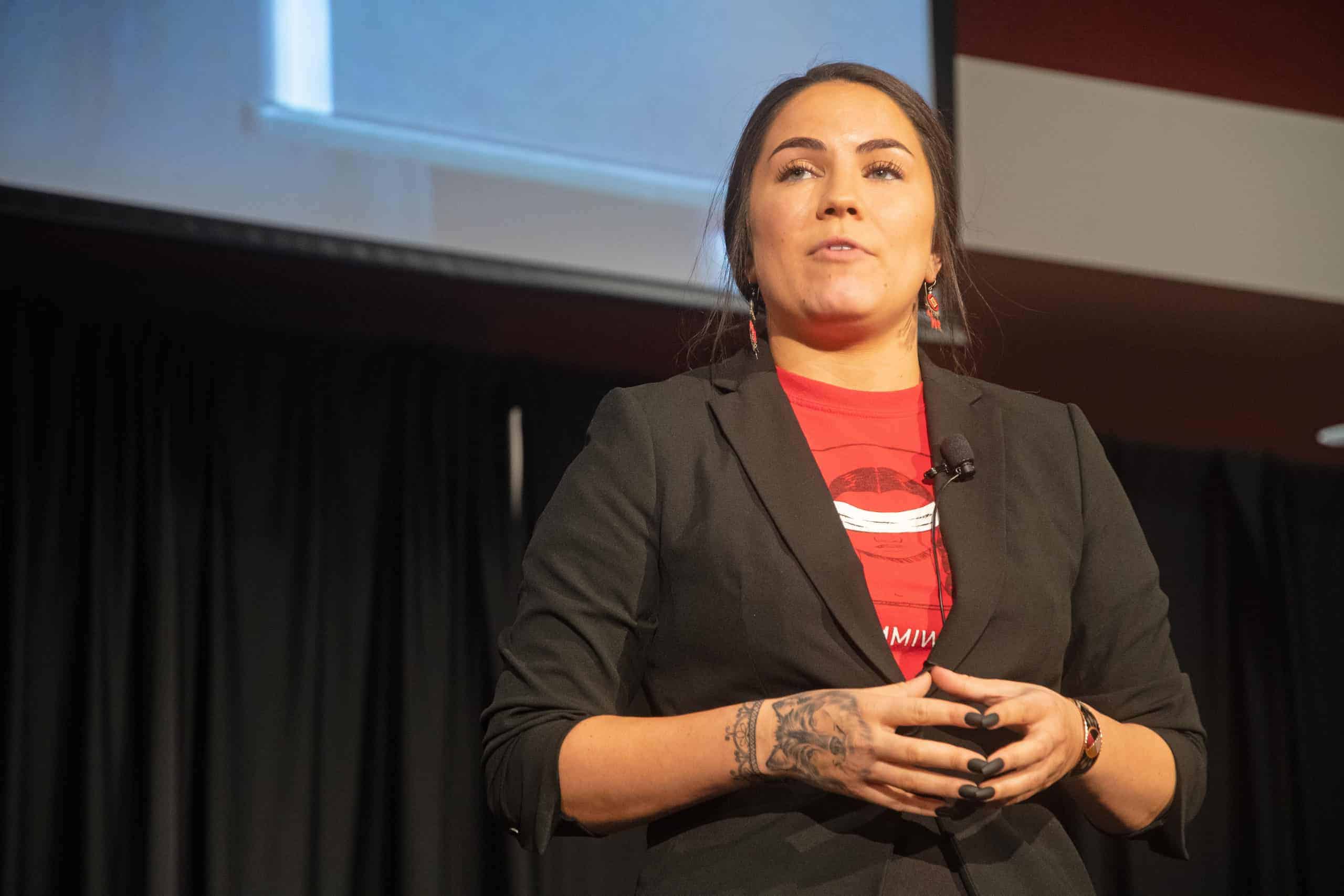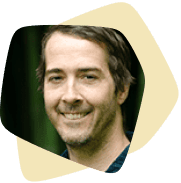Share this article
TWS2022: Speakers hail need for salmon restoration at plenary
The Wildlife Society kicked off its 2022 Annual Conference in Spokane on Monday with a focus on dam removal to restore healthy, salmon-fueled ecosystems throughout the Upper Columbia River Basin.
“My ancestors were a salmon people, a river people—we knew that the salmon were sacred,” said Carol Evans, chairwoman of the Spokane Tribe of Indians. “It’s a sad story that my people haven’t seen the salmon return to this area.”
Evans spoke about the deep connection that the Spokane people and other Tribes had with the salmon that used to make it up as far as the Spokane Falls, on the edge of what is now the city’s downtown.
But at least four generations haven’t experienced the salmon run and the benefits it brought culturally and ecologically, Evans said. Five dams block salmons’ journey from the Pacific up through the Columbia River and its tributaries. But recent tracking work revealed that a salmon implanted with a tracking chip managed to make it to the Pacific, then back again two years later, echoing ancient salmon movements. “She called back her sisters and the next year, three more returned,” Evans said.
While ongoing work to remove these dams is key to bringing back the salmon and the ecosystems they fuel, Evans said, she remains optimistic about the handful of salmon that have returned.
“I know we will get the salmon back, and we will heal,” she said.
Outgoing TWS President Gordon Batcheller emphasized salmons’ connection to healthy ecosystems and Indigenous culture “Restoring salmon isn’t about fish,” he said. “What’s going to make it happen is heart, soul and spirit.”
DR Michel, executive director of the Upper Columbia United Tribes, reinforced Evans’ message about the salmon-fueled ecosystem of the Columbia River Basin. “My granddaughter, I would love for her to be able to go down to that tributary and catch salmon,” he said.
Interior Secretary Debra Haaland appeared by video to talk about Biden administration efforts to collaborate with Tribal governments to address climate change and biodiversity loss. “Indigenous knowledge will continue to bolster government efforts, she said. “Tribal leadership is sharing their knowledge with the Fish and Wildlife Service.”

Interior Secretary Deb Haaland provides a video address to TWS’ 2022 Annual Conference. Credit: David Frey/TWS
Lydia Parker, executive director of the nonprofit organization Hunters of Color, called for that management to be returned to the Indigenous peoples who managed the land successfully for millennia before European colonization. Many Indigenous languages had no word for conservation in their languages because none was necessary, said Parker, a member of the Walker-Mohawk Band of Six Nations of the Grand River.
“We simply didn’t need a word for what we call conservation today,” she said. “We didn’t need to fix anything that had been done, clearing the land for civilization.”

Lydia Parker, executive director of the nonprofit organization Hunters of Color, discusses the importance of diversity in conservation. Credit: David Frey/TWS
That has changed, Parker said, and she thanked conference attendees—using the Mohawk word “Nia:wen’ko:wa”—for their work restoring ecosystems.
“Conservation and the future of our planet is going to take every one of our brains,” Parker said. “The outdoors are for everyone.”.







